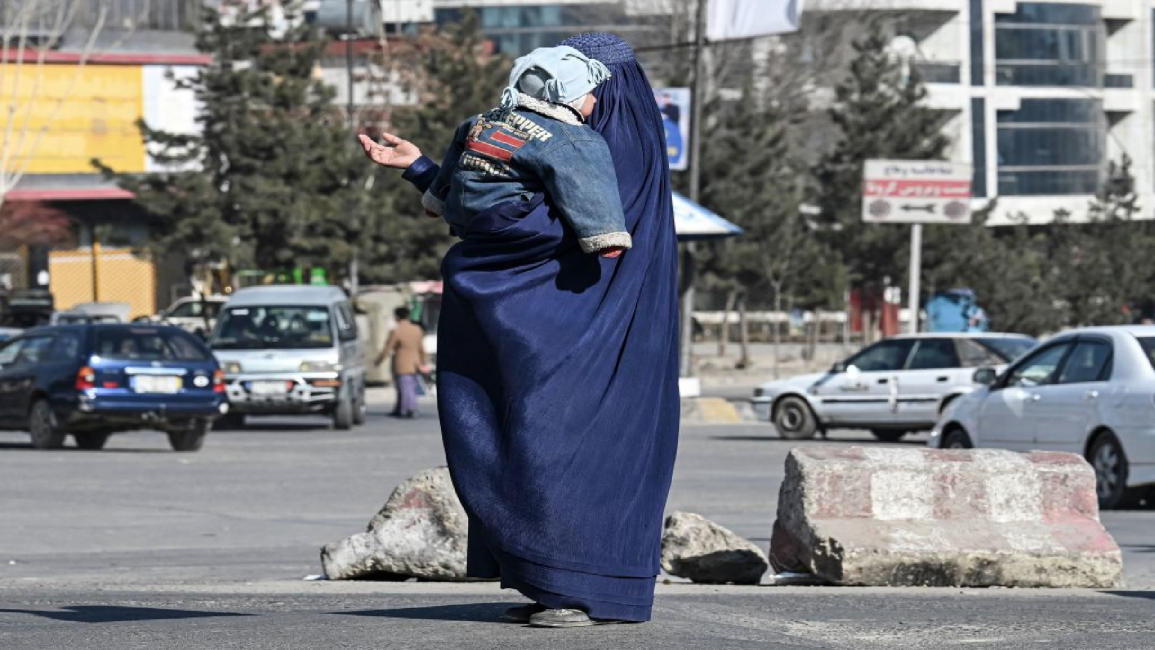World Bank sees 'alternative' path for Afghanistan to escape economic disaster
Afghanistan can avoid an economic collapse, but only if it receives international assistance and if the Taliban government respects human rights and "sound" management of its finances, the World Bank said Wednesday.
"An alternative pathway is possible," the Washington-based development lender said in a statement, pointing to Afghanistan's agricultural and natural resource sectors, young population and improving security.
"But moving towards this trajectory would require actions by both the international community and the interim Taliban administration," the World Bank said.
Among donors, "there is an expectation that the Interim Taliban Administration adheres to basic standards for the treatment of women and girls, respect for human rights and sound economic management."
Since taking power last August, the Taliban has gone back on promises of a softer version of the harsh rule that characterized their first stint in power from 1996 to 2001.
Late last month, they reversed their decision to allow girls to study in secondary schools.
The country has also descended into a serious economic crisis after countries froze Afghanistan's assets held abroad and cut off aid, though some assistance has been restored.
The World Bank warned that "under current conditions, the outlook for Afghanistan's economy is dire," and predicted per-capita GDP would drop by 30 percent by the end of this year compared to 2020, while per-capita incomes have likely fallen by a third in the final months of last year.
"The economy will not grow fast enough to improve livelihoods or generate opportunities for the 600,000 Afghans reaching working age every year," according to the bank.



